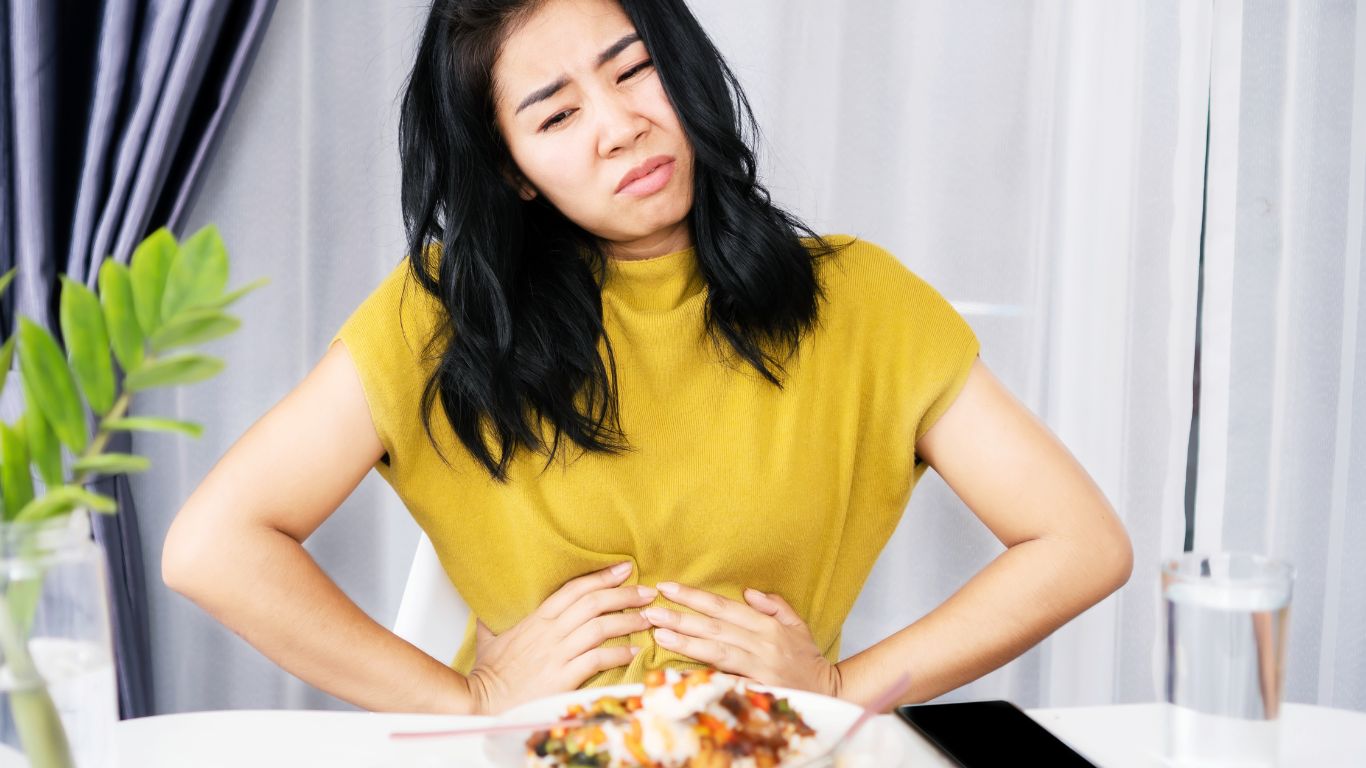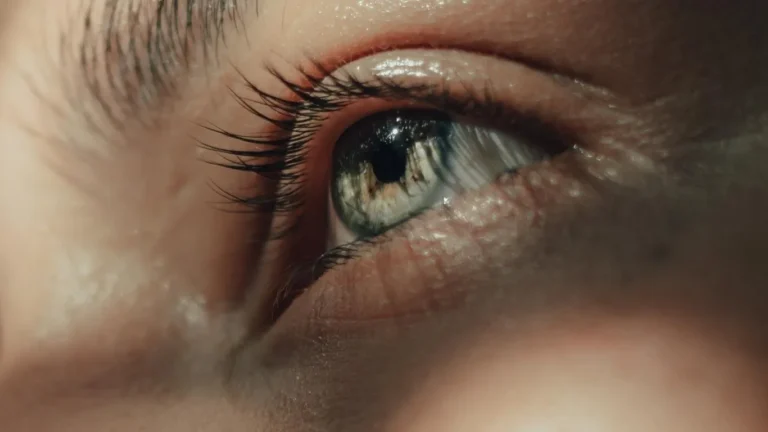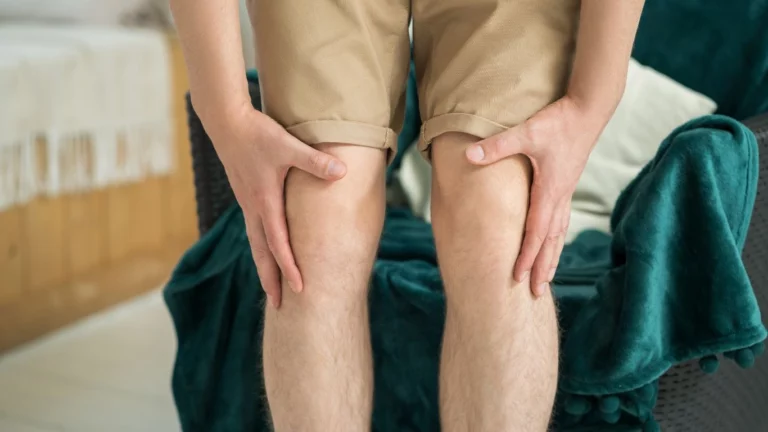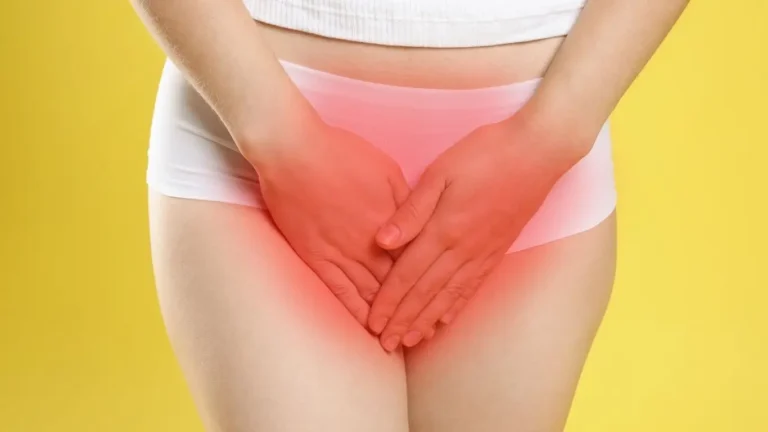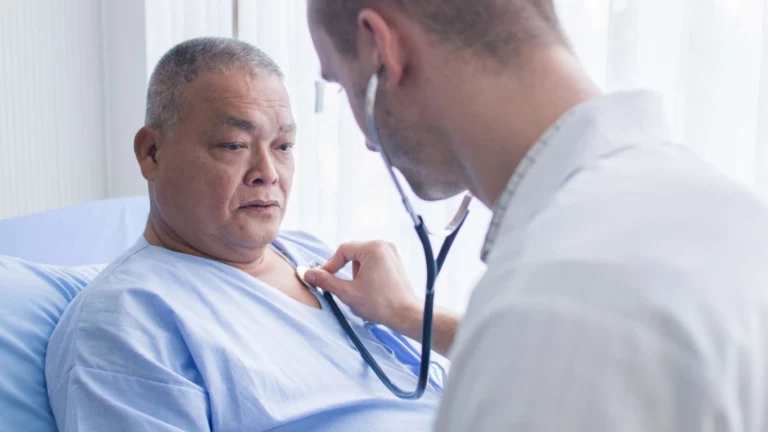GERD and Bloating After Meals: Effective Relief That Actually Works
If you’re anything like me, you’ve probably found yourself finishing a meal, only to be met with that annoying bloated feeling—and maybe even a burning sensation creeping up your chest. Working as a Medical Assistant in a busy Gastroenterology Clinic, I’ve seen it all too often: patients come in describing discomfort, fullness, and sometimes even chest pressure. And guess what? Most of the time, it circles back to a common culprit—GERD and bloating after meals. It’s more than just a nuisance; it can really mess with your day, your mood, and your relationship with food. Let’s break it down in real, practical terms—no fluff, no overcomplicated lingo, just the real deal from someone who’s been in the exam rooms and lived through it too.
Understanding GERD and Why It’s More Than Just Heartburn

First things first—GERD stands for Gastroesophageal Reflux Disease, and while it’s often brushed off as just heartburn, it’s way more complex than that. Think of GERD like this: your stomach has strong acid to break down food, right? Now imagine that acid escaping back up into your esophagus. Ouch. That’s where the burning and discomfort begin.
When patients come in with that tight, gassy, “I can’t zip up my pants” feeling after eating, they’re often surprised to hear it could be related to GERD. But it makes sense—the same digestive issues that cause acid reflux can also trap gas and slow digestion. That combo? Not fun at all.
So Why Does GERD Cause Bloating After Meals?
Here’s where my experience in the clinic really helped me connect the dots. Many of the people I’ve worked with didn’t realize that their reflux and their bloating were connected. But the connection is strong. GERD can interfere with the way your stomach empties after eating. When that process slows down, food and gas hang around longer than they should, causing pressure, bloating, and fullness.
In simple terms: the longer your stomach holds onto what you ate, the more gas builds up. If your esophageal valve isn’t doing its job (which is common with GERD), that pressure pushes acid upward—bam, heartburn city. Add bloating to the mix, and it’s a whole circus going on in your gut.
Common Triggers of GERD and Post-Meal Bloating

Over the years, I’ve heard patients swear off everything from tomatoes to toast, trying to figure out what’s causing their discomfort. Truth is, GERD and bloating after meals can be triggered by a range of sneaky culprits. Here’s what we usually see in the clinic:
- Fatty foods: Burgers, fried chicken, cheesy meals—delicious but dangerous.
- Caffeinated drinks: Coffee, tea, and sodas can all relax the esophageal sphincter.
- Carbonated beverages: Bubbles = gas. Enough said.
- Eating too fast: Guilty! Swallowing air = bloating.
- Late-night eating: Lying down after dinner? Acid creeps up easier.
I remember one patient—a young mom—who kept skipping breakfast and scarfing down huge lunches. She’d come in doubled over with bloating and reflux. Once we adjusted her eating habits, spacing out meals and cutting back on soda, her symptoms drastically improved. Sometimes the changes don’t have to be drastic; just smarter.
The Mind-Gut Connection: Stress and Digestive Drama
Let’s not forget the role stress plays. I can’t count how many times I’ve seen stress trigger flare-ups in my patients. And yes, I’ve felt it too. On hectic clinic days, skipping meals or eating standing up, I’d feel that tight, bloated feeling creep in later. Stress affects your digestion, period. It slows things down, increases acid production, and even changes the way your gut muscles work. That’s a recipe for disaster when it comes to GERD and bloating.
When to Suspect GERD Is Behind Your Bloat

How do you know if what you’re feeling is just bloating or something more like GERD? Here’s what we usually tell our patients to watch for:
- Burning sensation in the chest, especially after meals
- Frequent belching or hiccups
- Feeling overly full even after a modest meal
- Regurgitation (yep, food or sour liquid creeping back up)
- Chronic cough or throat clearing, especially at night
If these sound familiar, it’s worth talking to your doctor. And if you’ve already been diagnosed with GERD but still struggle with bloating, know that you’re not alone—and you’re definitely not imagining it.
Simple Lifestyle Tweaks That Can Help Ease GERD and Bloating After Meals

After working with countless patients—and honestly, living through these symptoms myself—I’ve seen how small, consistent changes can make a huge difference. You don’t always need to overhaul your whole life overnight. Sometimes, it’s the little things that add up.
Here are some of the go-to lifestyle tips we give our GERD patients at the clinic (and I’ve personally tried most of these too):
- Eat smaller meals more often: Instead of three big meals, try 5–6 smaller ones throughout the day. Less pressure on your stomach means less reflux and bloating.
- Slow down and chew: I used to inhale my food between patients (guilty!), but chewing more and taking your time really helps digestion start off right.
- Stay upright after eating: At least 2-3 hours. No couch naps, no slumping over your laptop. Gravity helps keep that acid down where it belongs.
- Walk it off: A light stroll after meals can help digestion. I often tell my patients, “Think post-dinner walk, not post-dinner nap.”
- Elevate the head of your bed: If nighttime reflux is a problem, raising the head of your bed by 6–8 inches can be a game-changer.
Honestly, when I started eating slower and keeping my meals lighter in the evening, my own bloating and reflux symptoms dropped significantly. It’s not just advice I give—it’s advice I live.
Foods That Often Make GERD and Bloating Worse

One of the first things patients ask me is, “What can I eat?” And while there’s no one-size-fits-all diet, there are some common troublemakers that pop up again and again in GERD and bloating cases. From working closely with gastroenterologists and observing patient patterns, here’s what typically stirs the pot:
- Spicy foods: Hot sauces, peppers, even salsa can trigger acid reflux and bloating in sensitive individuals.
- Citrus fruits: Oranges, lemons, and grapefruits are super acidic—bad news for reflux-prone stomachs.
- Tomato-based anything: Think pasta sauces, ketchup, chili—delicious, but often a no-go.
- Garlic and onions: Raw especially, these can be tough on your gut and make bloating worse.
- Dairy: For some, milk and cheese slow digestion and create gas buildup. I had a patient who swore switching to almond milk changed her life.
When patients track their meals using a food diary, they usually spot trends within a week or two. I’ve seen lightbulbs go off when someone realizes that their “healthy” smoothie with citrus and protein powder is what’s been causing their flare-ups.
Foods That Can Actually Help Calm Things Down
Now for the good news—there are foods that tend to be more gentle on the digestive system. If you’ve got GERD and bloating after meals, try incorporating some of these soothing staples:
- Oatmeal: It’s filling, gentle, and not acidic. Great breakfast option.
- Bananas: Naturally low-acid and a good source of potassium.
- Ginger: Anti-inflammatory and great for nausea or indigestion.
- Leafy greens: Spinach, kale, and romaine are nutrient-dense without being harsh on your system.
- Chicken or turkey (grilled, not fried): Lean proteins digest easier than fatty or fried ones.
I always recommend starting slow. Don’t overhaul everything at once—just start by swapping out your usual breakfast or adding ginger tea after dinner. Small wins.
When Medication Might Be Necessary

While lifestyle changes can do wonders, sometimes medication is needed—especially if symptoms are interfering with your daily life. As a Medical Assistant, I’ve seen firsthand how many patients find relief with the right treatment plan. But here’s the key: it has to be tailored to you.
Common Medications Used for GERD and Bloating
- Antacids (like Tums or Rolaids): These provide quick, short-term relief by neutralizing stomach acid.
- H2 blockers (like Pepcid or Zantac): These reduce acid production and are good for mild, persistent symptoms.
- Proton pump inhibitors (PPIs) (like Nexium, Prilosec): Often prescribed for more severe cases. They work long-term but should be used under medical guidance.
- Prokinetics: These help your stomach empty faster, which can relieve bloating and pressure. Not used as commonly but helpful in certain cases.
Here’s a little inside scoop: sometimes bloating doesn’t respond to traditional GERD meds because it’s actually being caused by something like SIBO (Small Intestinal Bacterial Overgrowth) or food intolerances. I always tell patients—if the usual stuff isn’t working, don’t stop asking questions. Push for further testing. We’ve caught hidden conditions that way more than once.
And as someone who’s had their fair share of digestive drama, I can tell you—advocating for yourself matters. Don’t settle for “It’s just gas” if it’s affecting your quality of life.
When It’s Time to See a Specialist: Don’t Ignore Persistent Symptoms

Let’s be real—if you’re still dealing with GERD and bloating after meals despite trying all the lifestyle tweaks, diet changes, and over-the-counter remedies, it might be time to bring in the pros.:contentReference[oaicite:2]{index=2}
In my experience at the clinic, we often see patients who’ve been toughing it out for months, thinking it’s just something they have to live with. But persistent symptoms can signal something more serious, like::contentReference[oaicite:5]{index=5}
- Esophagitis: Inflammation of the esophagus that can lead to ulcers or bleeding.
- Barrett’s esophagus: A condition where the esophageal lining changes, increasing cancer risk.
- Gastroparesis: Delayed stomach emptying that causes bloating and discomfort.
- Hiatal hernia: Part of the stomach pushes into the chest cavity, exacerbating reflux.
If you’re experiencing symptoms like difficulty swallowing, unexplained weight loss, or vomiting, don’t wait—schedule an appointment with a gastroenterologist. Early intervention can make a big difference.:contentReference[oaicite:16]{index=16}
Building a Supportive Routine: Daily Habits That Make a Difference

Managing GERD and bloating after meals isn’t just about what you eat—it’s about creating a daily routine that supports your digestive health. Here are some habits that have helped both me and my patients:
- Mindful eating: Take time to chew thoroughly and savor your food. It aids digestion and prevents overeating.
- Regular meal times: Eating at consistent times helps regulate your digestive system.
- Hydration: Drink water throughout the day, but avoid large amounts during meals to prevent stomach distension.
- Physical activity: Incorporate gentle exercises like walking or yoga to promote digestion.
- Stress management: Practice relaxation techniques such as deep breathing, meditation, or journaling to reduce stress-related digestive issues.
Remember, consistency is key. Small, daily actions can lead to significant improvements over time.:contentReference[oaicite:29]{index=29}
References
- GERD Diet: Foods That Help with Acid Reflux (Heartburn) – Johns Hopkins Medicine
- GERD diet: Foods to avoid to reduce acid reflux – Harvard Health
- 19 Foods That Improve Digestion—and Others You Should Avoid – Verywell Health
- Belching, gas and bloating: Tips for reducing them – Mayo Clinic
- Heartburn and GERD Relief: Prescription and OTC Medications – WebMD
Disclaimer
This article is for informational purposes only and is not a substitute for professional medical advice, diagnosis, or treatment. Always consult your healthcare provider with any questions you may have regarding a medical condition.:contentReference[oaicite:32]{index=32}

Camellia Wulansari is a dedicated Medical Assistant at a local clinic and a passionate health writer at Healthusias.com. With years of hands-on experience in patient care and a deep interest in preventive medicine, she bridges the gap between clinical knowledge and accessible health information. Camellia specializes in writing about digestive health, chronic conditions like GERD and hypertension, respiratory issues, and autoimmune diseases, aiming to empower readers with practical, easy-to-understand insights. When she’s not assisting patients or writing, you’ll find her enjoying quiet mornings with coffee and a medical journal in hand—or jamming to her favorite metal band, Lamb of God.

